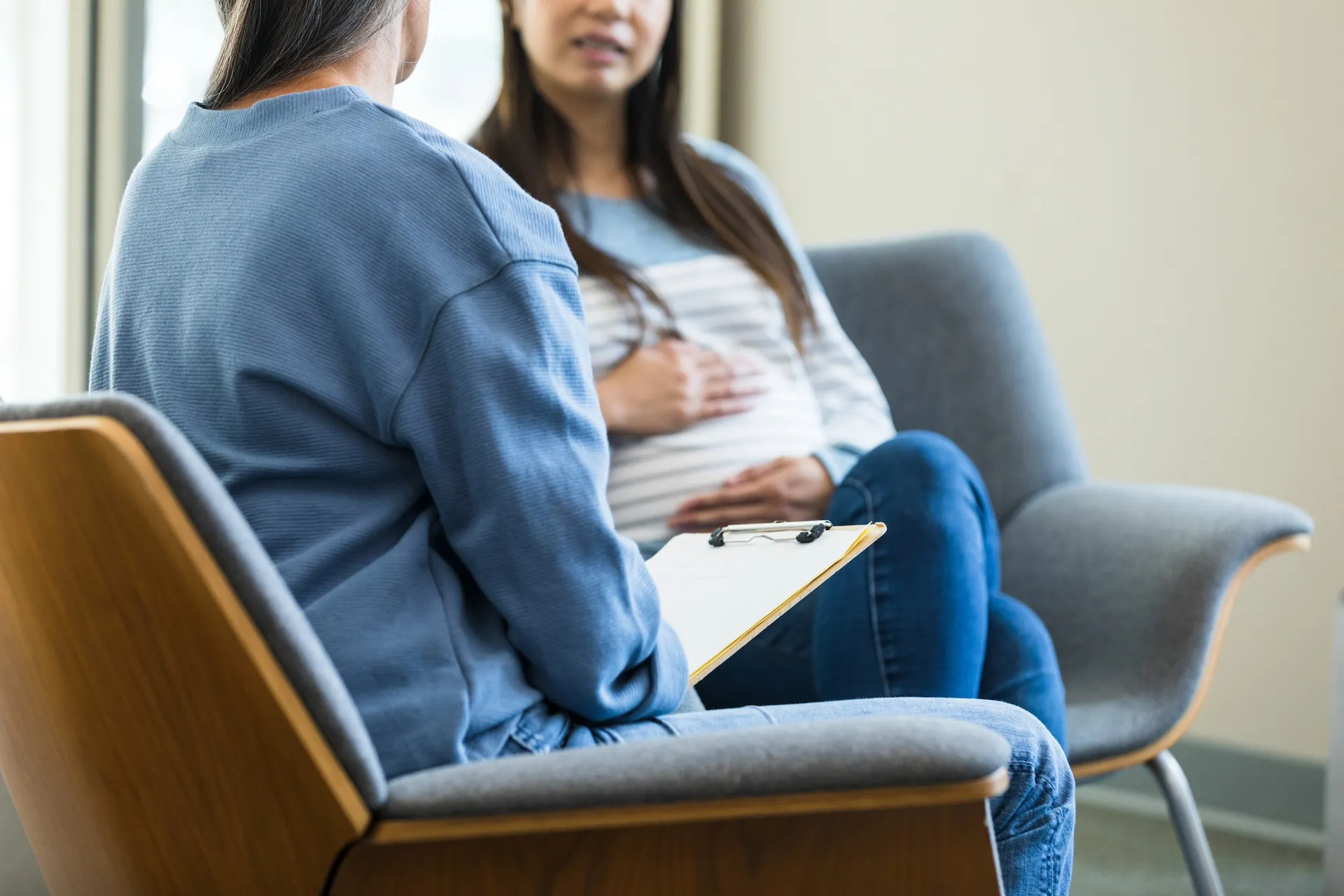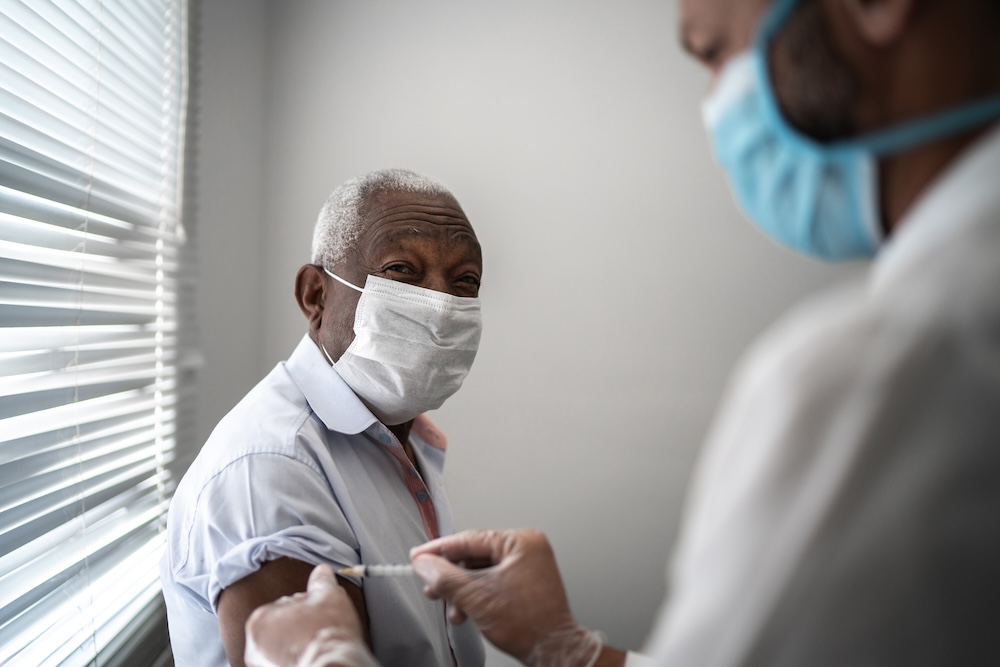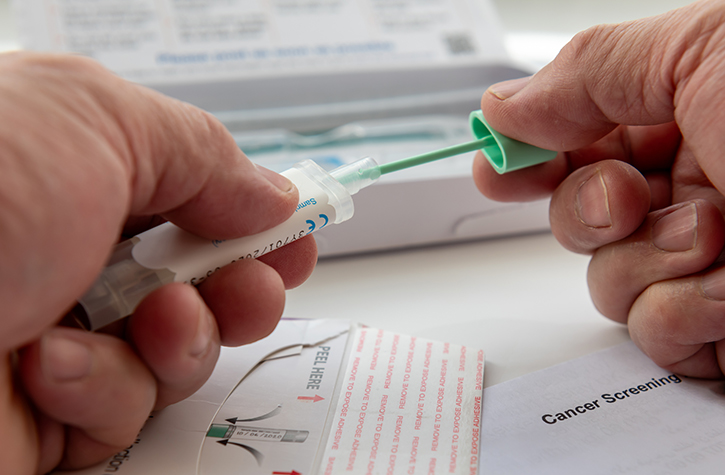March 5, 2024
In a new Kaiser Permanente study of pregnant patients, those with a history of adverse childhood experiences (ACEs) were more likely to develop a new diagnosis of depression or anxiety during pregnancy, as were those with low resilience.

Carey Watson, MD
ACEs are potentially traumatic events that occur during childhood and may include abuse, neglect, and parental divorce, substance use, or incarceration. Resilience is the ability to withstand and recover from adversity.
The analysis, published in Obstetrics & Gynecology, found the odds of new depression or anxiety was even more pronounced among pregnant people with both ACEs and low resilience.
“These results are much more striking than we expected,“ said lead author Carey Watson, MD, an ob-gyn with The Permanente Medical Group. “Identifying patients who may be at risk could help us intervene early or possibly prevent a mental health disorder for the patient, and thereby prevent or mitigate a potential adverse childhood experience for the newborn or other children in the family.”
This is the largest study of its kind, said senior author Kelly Young-Wolff, PhD, MPH, a research scientist with the Kaiser Permanente Northern California Division of Research. “The results are particularly meaningful because these are patients who don’t have depressive or anxiety disorders prior to pregnancy,” Young-Wolff said. “These individuals might not have already been on the radar of clinicians as being at risk. ACEs and low resilience may be key factors in developing these conditions in pregnancy.”
The study looked at 13,852 patients who had been screened for both ACEs and resilience during prenatal care between October 2021 and March 2023. Kaiser Permanente Northern California has been routinely giving screening questionnaires to prenatal care patients for ACEs and resilience since 2021.
The analysis found 17% of patients had a newly identified depression diagnosis during prenatal care, 9.8% had new identified depression symptoms, and 8.9% had newly identified anxiety.

Kelly Young-Wolff, PhD, MPH
The researchers found that the odds of depression were 3 times higher for patients with 4 or more ACEs compared with those with no ACEs. Odds of depression were twice as high for those with low resilience versus high resilience. In combination, ACEs and low resilience were associated with 6.4 times greater odds than those with no ACEs and high resilience. Results were similar for anxiety.
Pregnancy may be a time of increased emotional vulnerability, Watson said. “Pregnancy is a really exciting time, but it can also be stressful,” Dr. Watson said. “Problems patients have experienced in the past may have more influence over their mood at this stage of life.”
Depression and anxiety in pregnancy are risk factors for health issues in pregnancy and after giving birth. “Perinatal mood disorders are a leading cause of medical problems in pregnancy, and even maternal mortality, so it is important to identify people at risk as early as we can,” Dr. Watson said. “This has a profound impact for the patient in front of us, but also for that patient’s family. These conditions can have generational mental and physical health impacts.”
Young-Wolff said the study team is seeking federal funding to expand their research on ACEs and resilience in pregnancy to include additional health outcomes.
The study was funded by The Permanente Medical Group Delivery Science and Applied Research Program.
Additional co-authors were Abigail Eaton, PhD, MPH, Cynthia Campbell, PhD, MPH, Stacey Alexeeff, PhD, Lyndsay Avalos, PhD, MPH, of the Division of Research; and Kathryn Ridout, MD, PhD, of The Permanente Medical Group.
This story originally appeared on Division of Research Spotlight.






